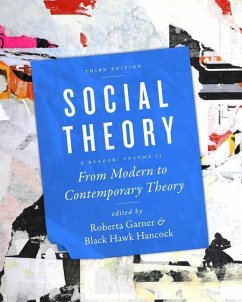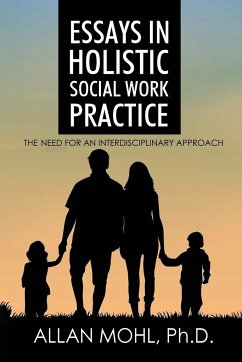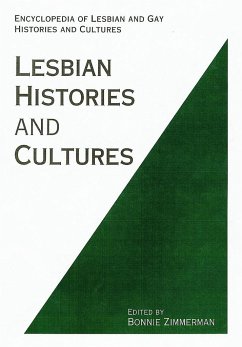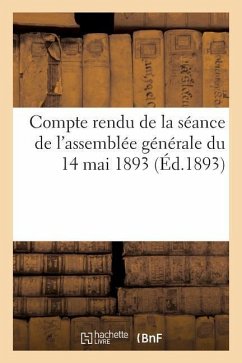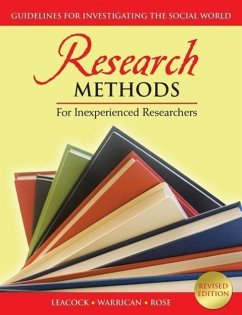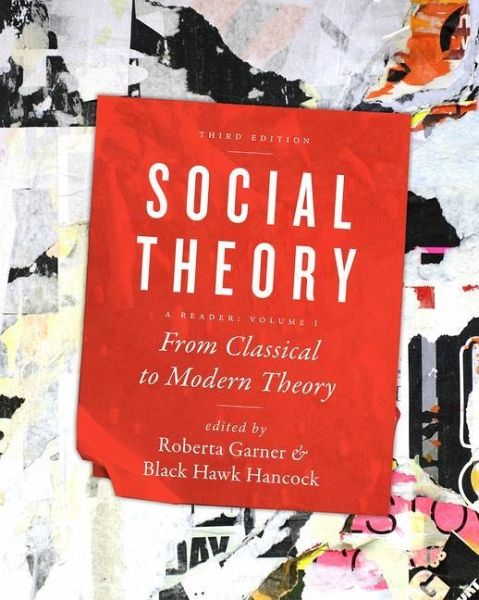
Social Theory, Volume I
A Reader: From Classical to Modern Theory
Herausgeber: Garner, Roberta; Hancock, Black Hawk
Versandkostenfrei!
Versandfertig in über 4 Wochen
62,99 €
inkl. MwSt.

PAYBACK Punkte
31 °P sammeln!
This book is a fresh and expansive take on social theory that foregrounds a plurality of perspectives and reflects contemporary trends in the field, while being an accessible and manageable teaching tool.



